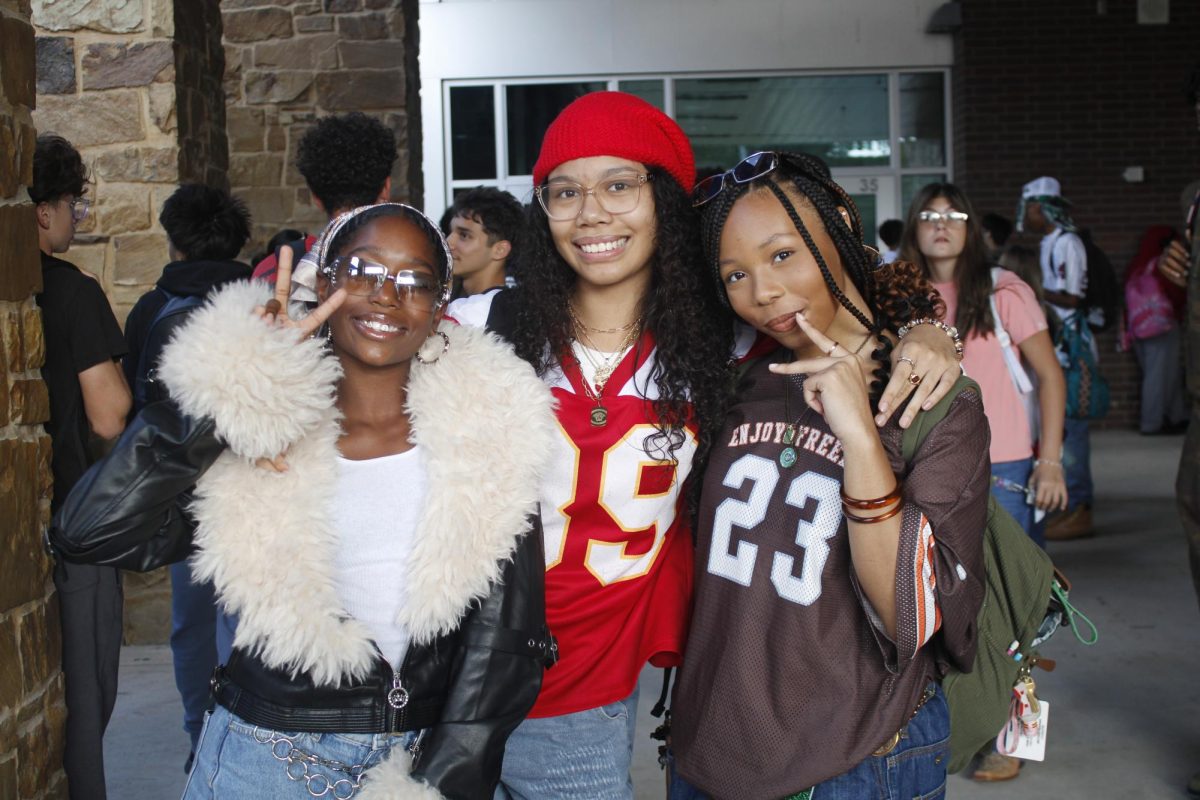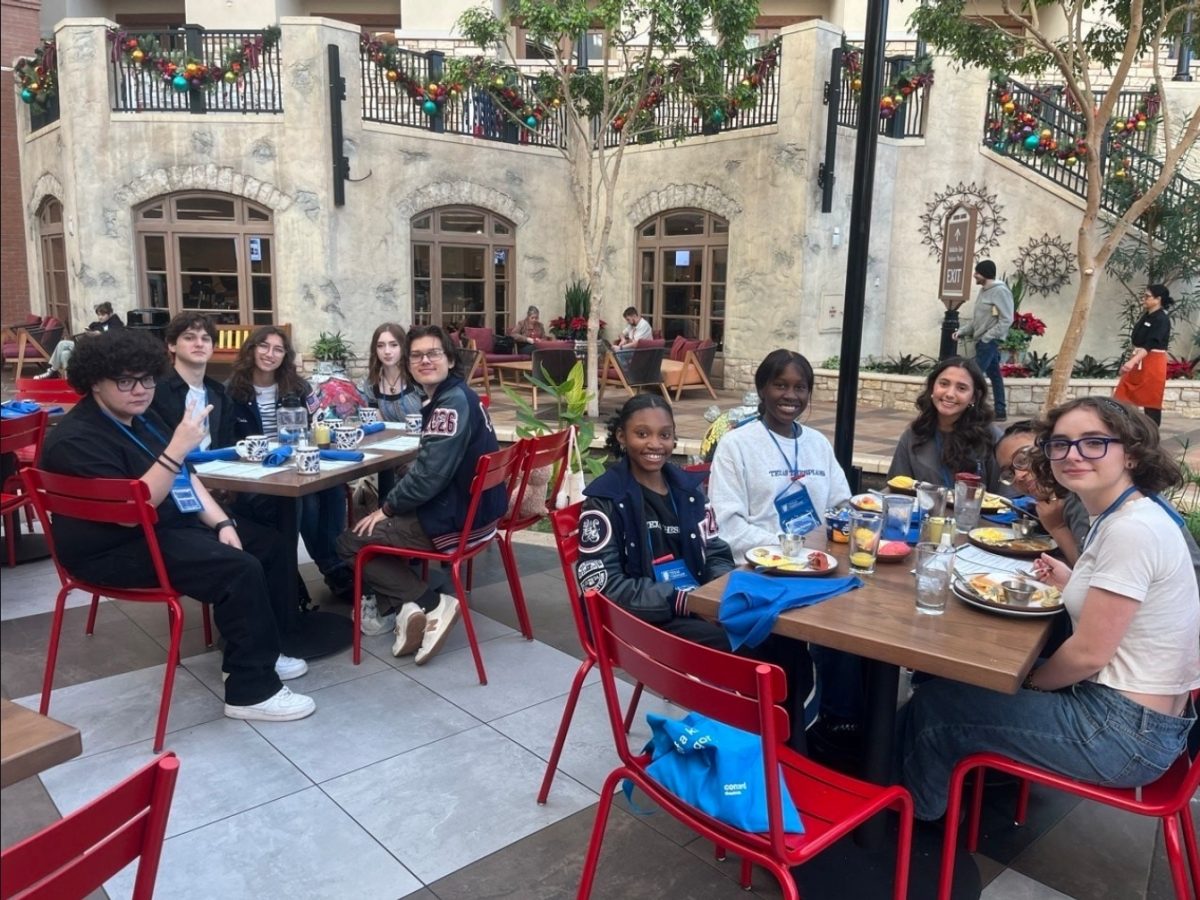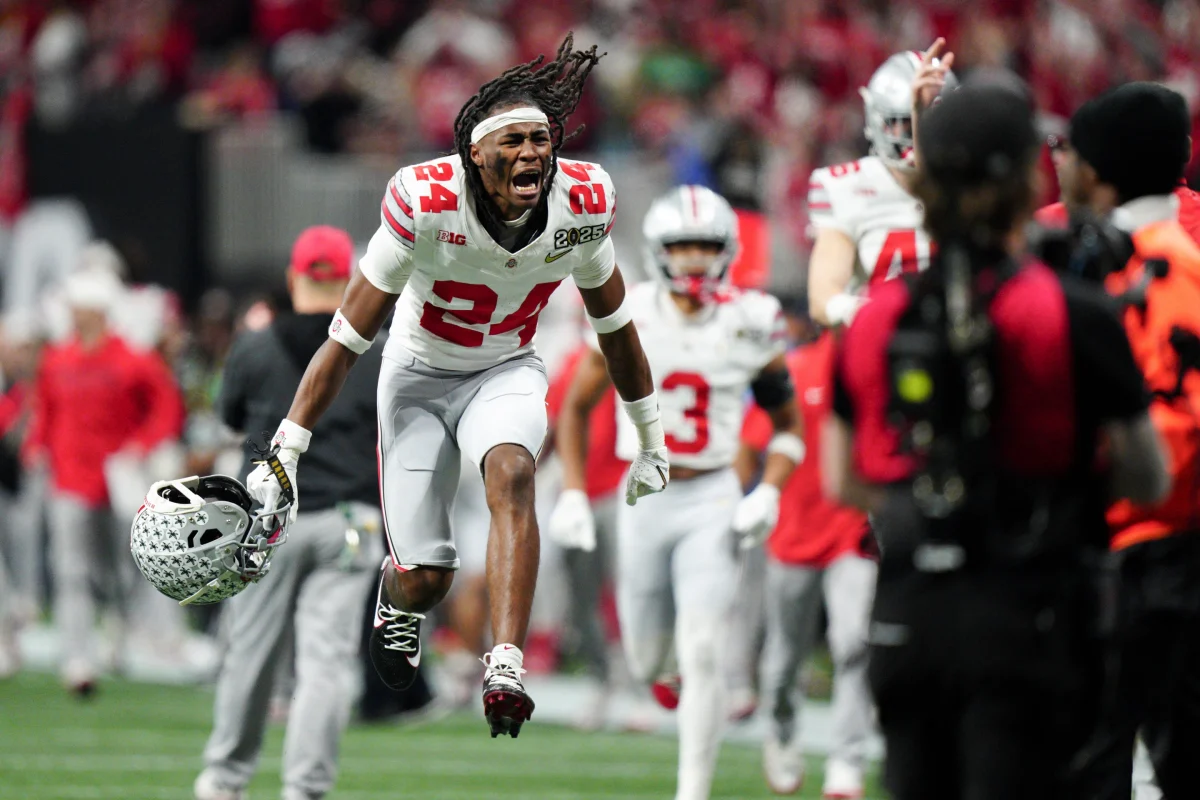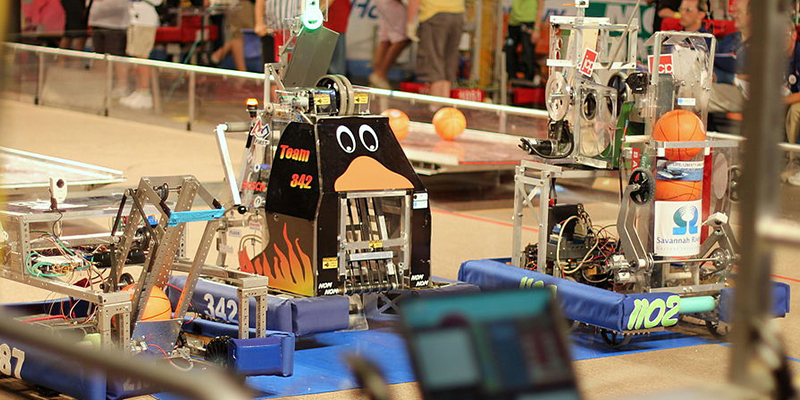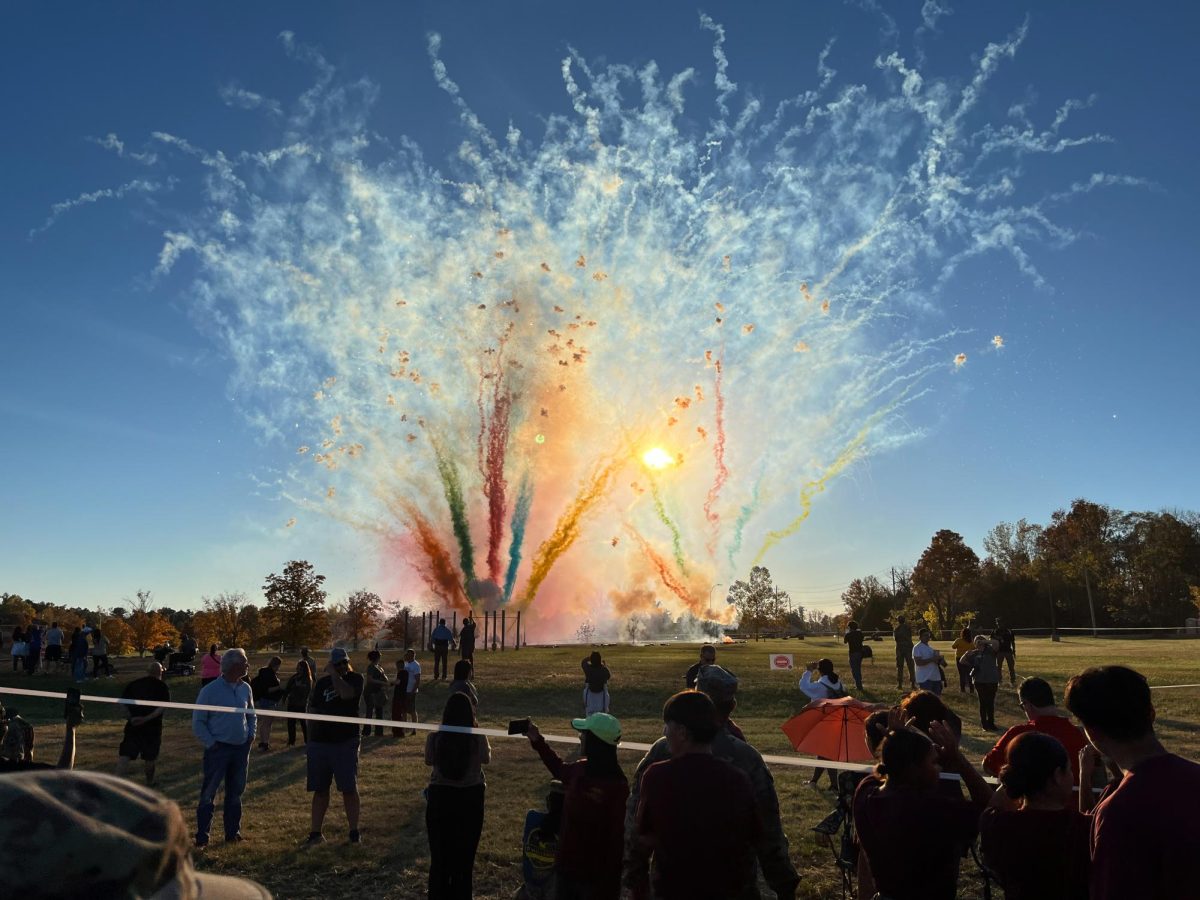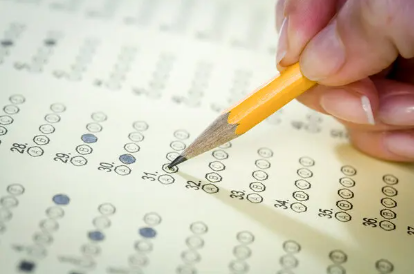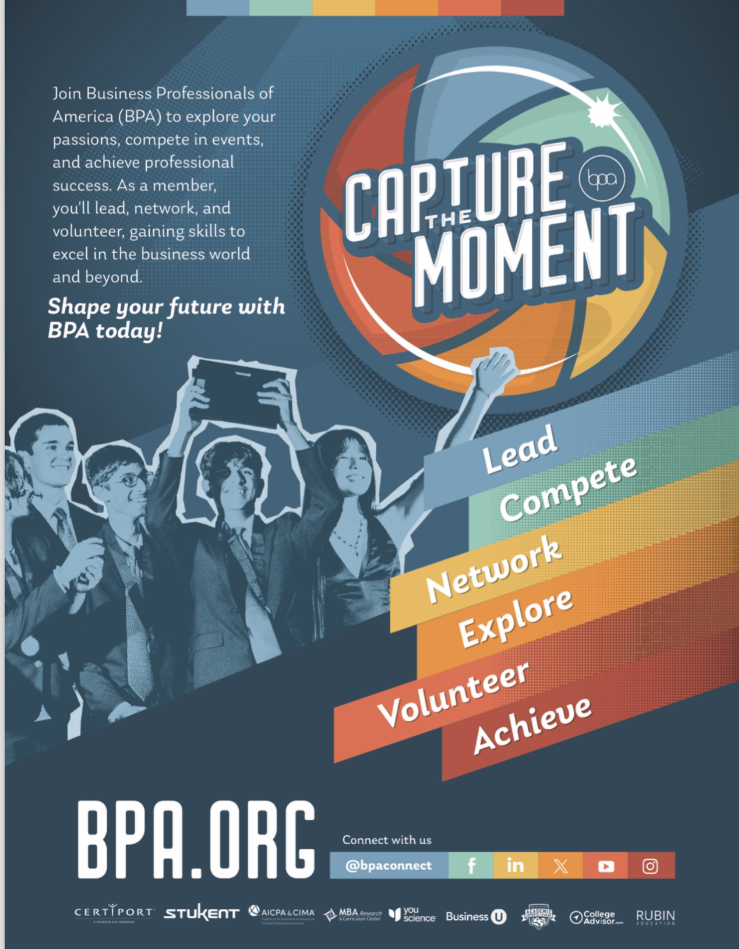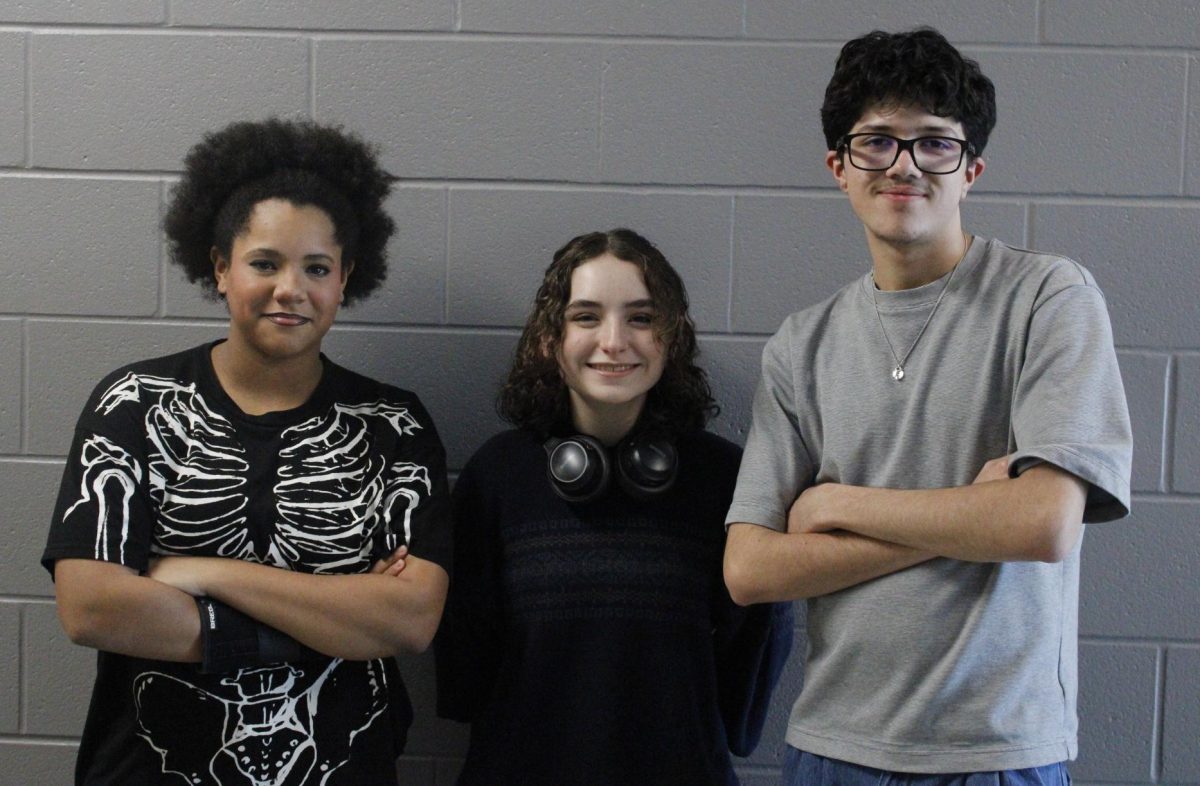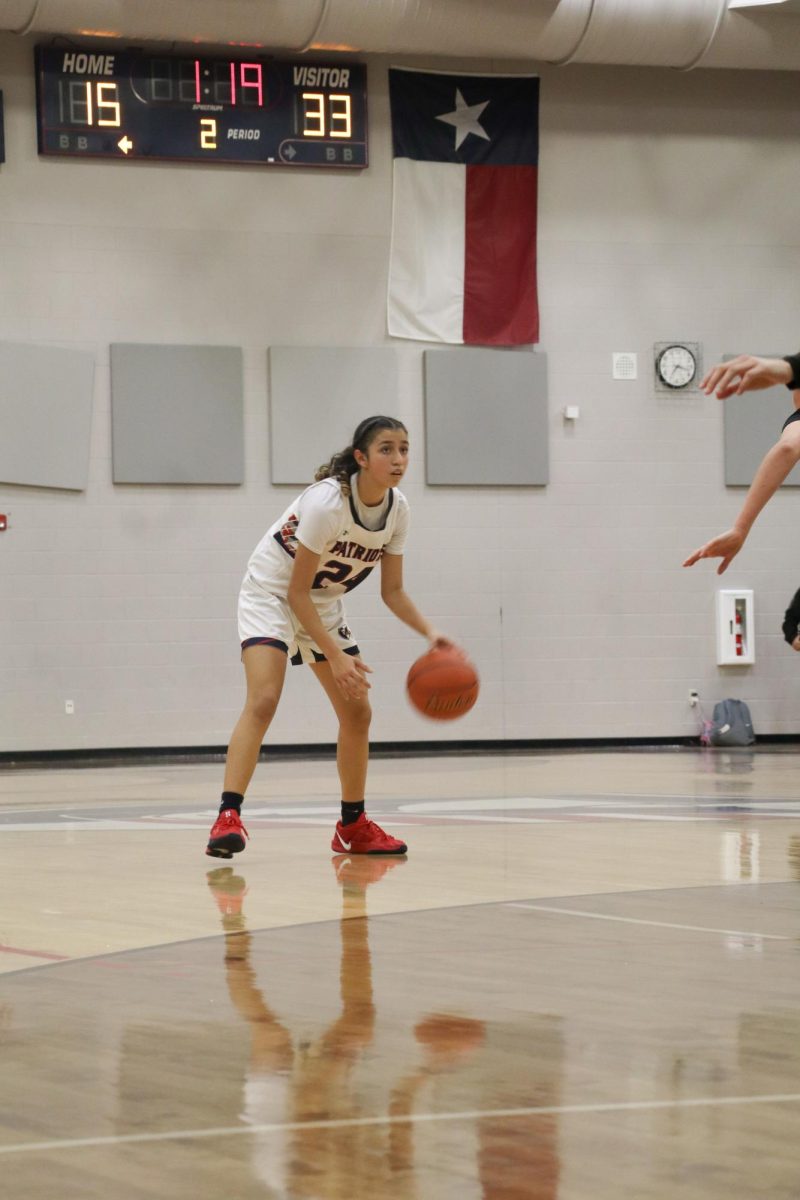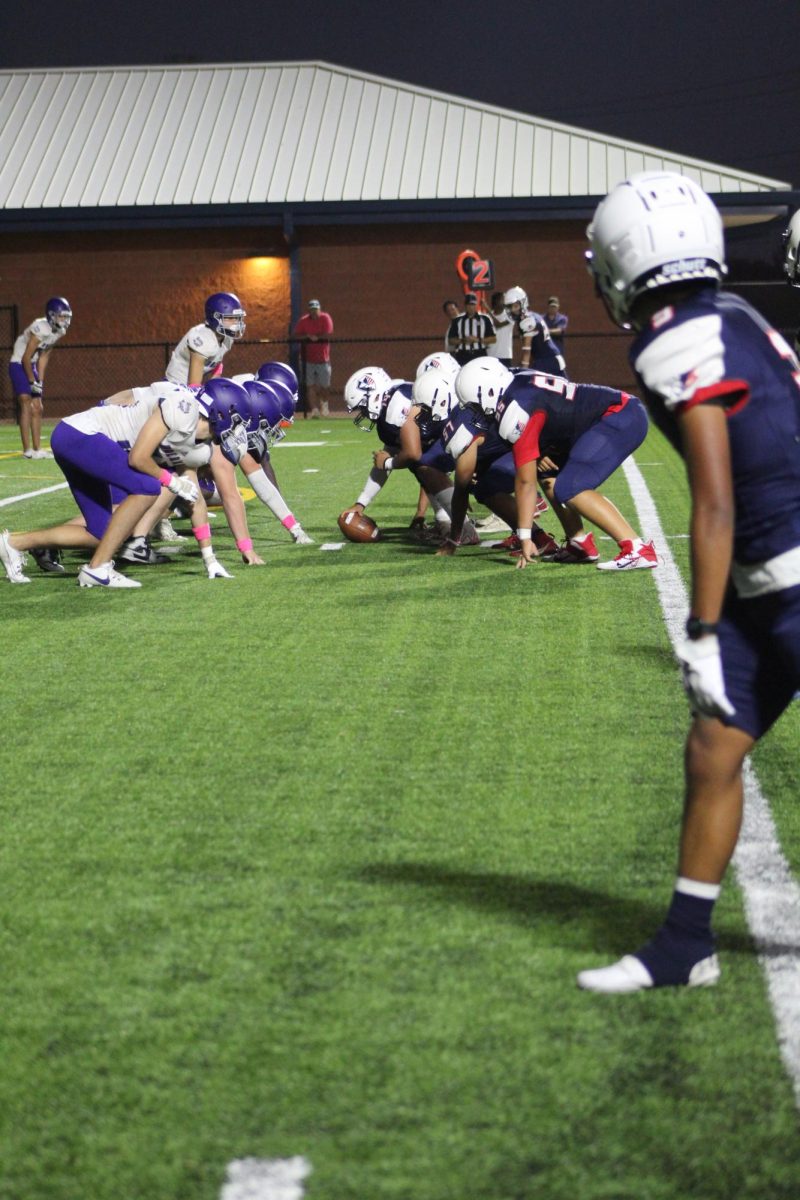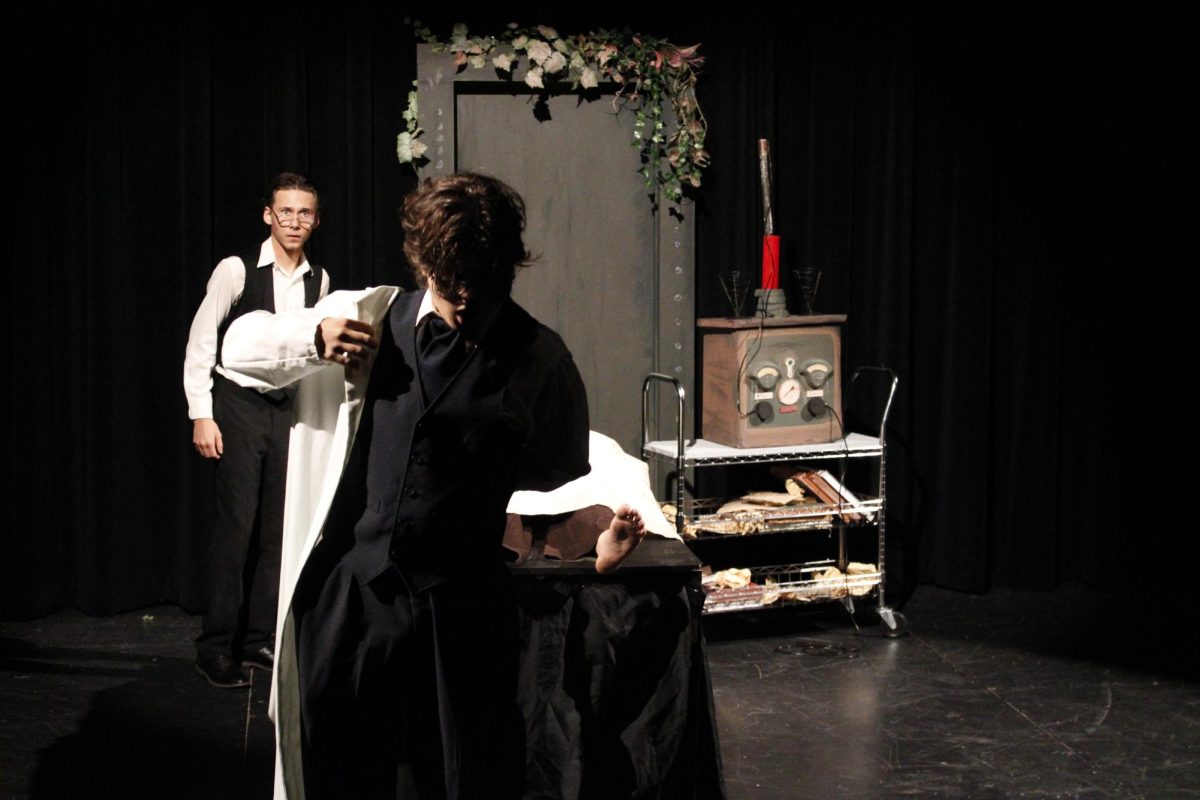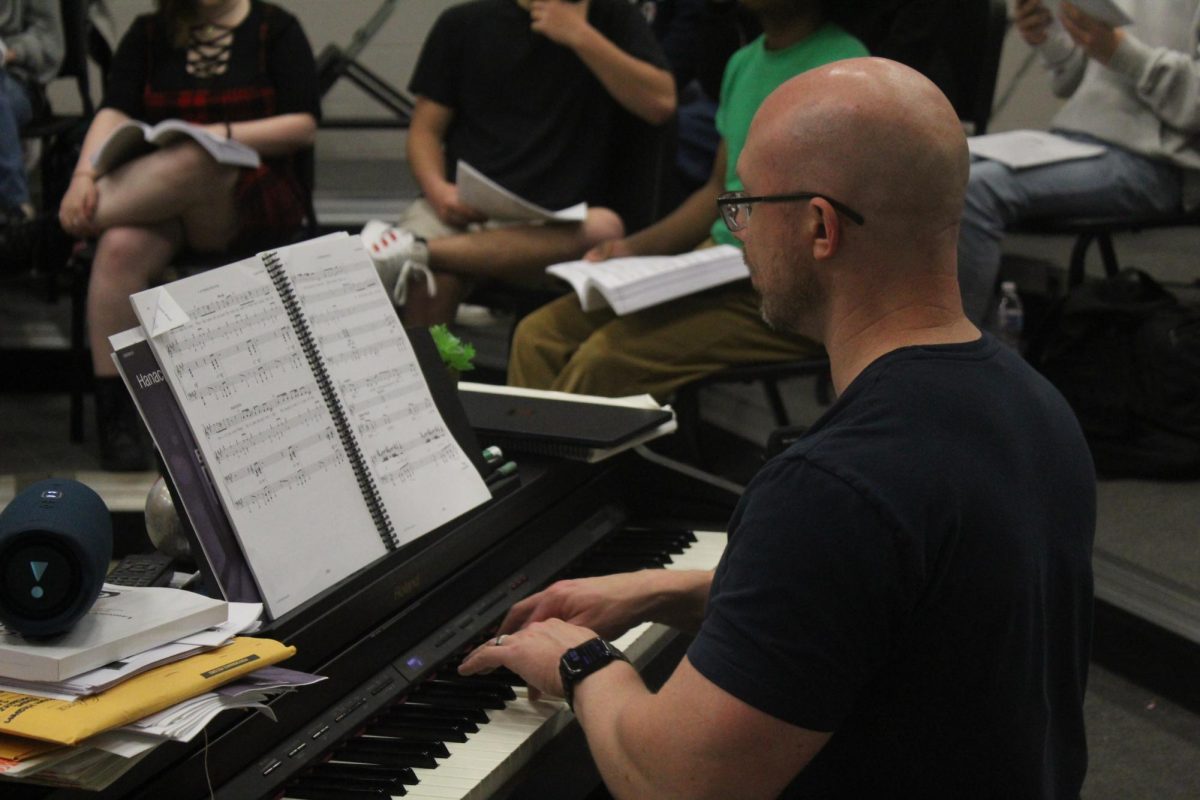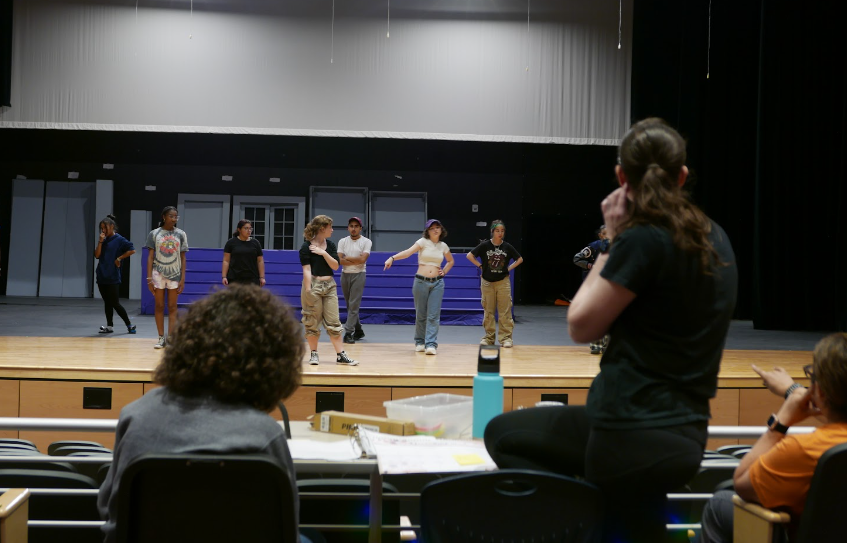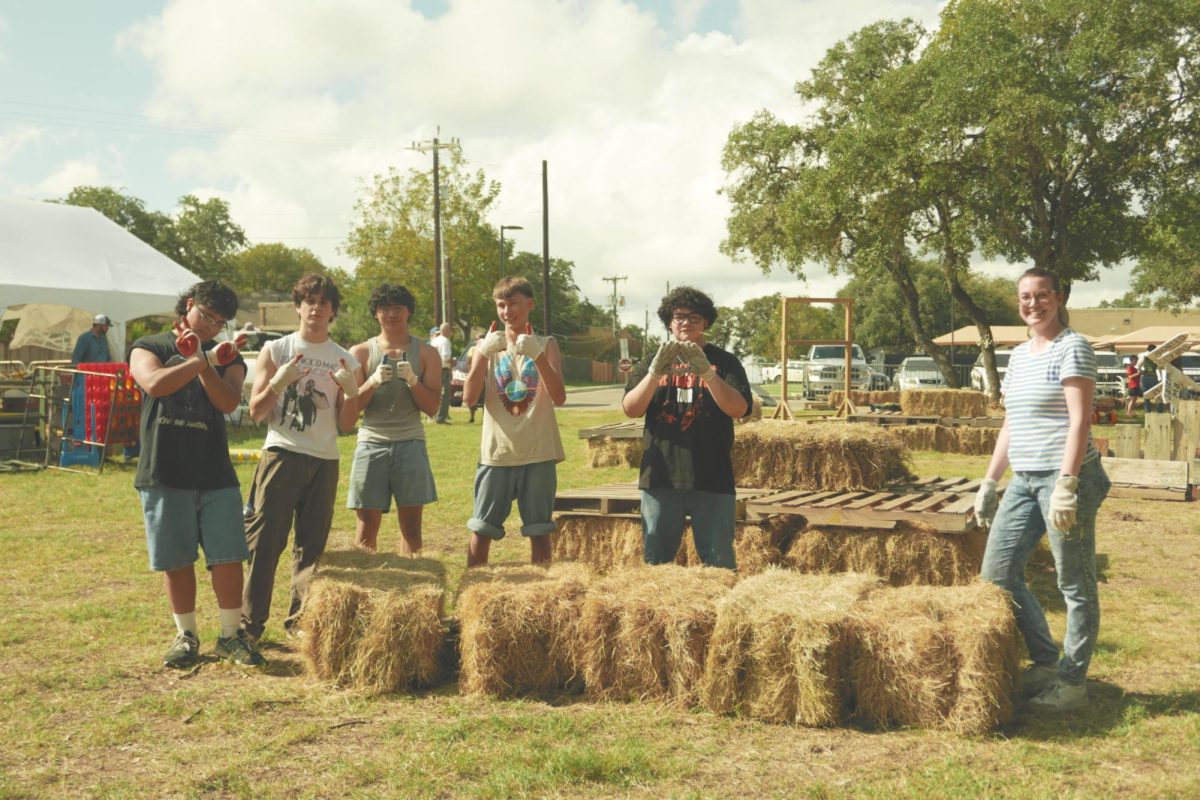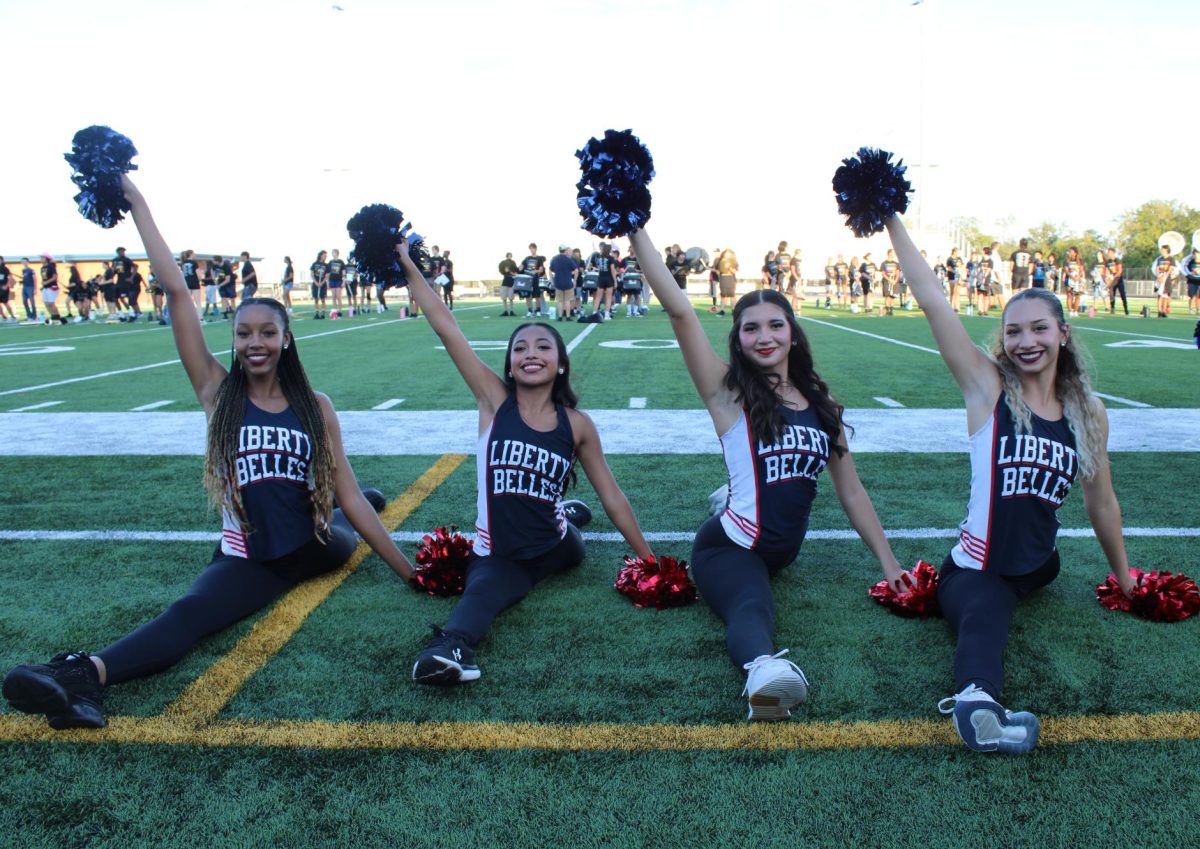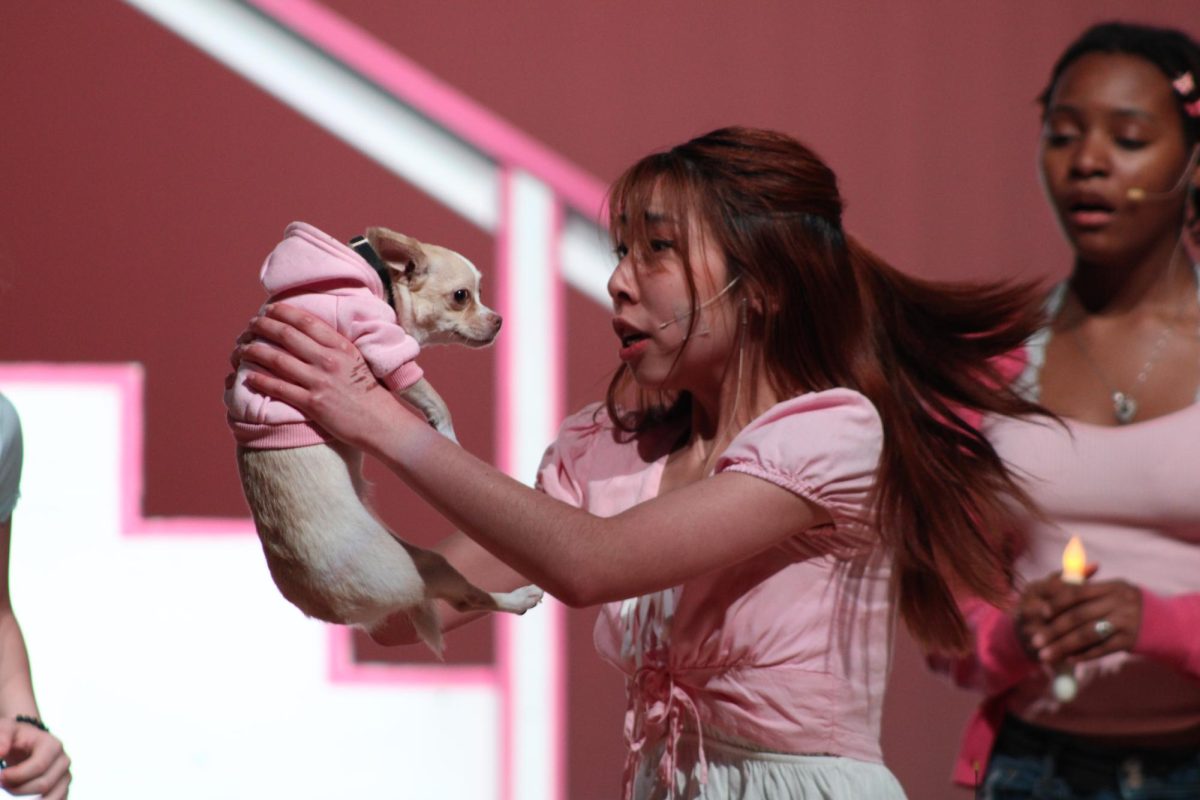Patriot Nation’s mock trial program provides students with a unique opportunity to engage with the legal system while honing skills that can benefit them in academic and professional settings. This year, the program is hosted by one of VMHS’s law instructors, Jimmy Gomora-Leon, a police officer and detective of the Somerset Police Department. The meetings are held every Monday and Tuesday at 5:30 p.m., allowing students of any grade level to participate.
The structure of mock trials closely mirrors real-life court proceedings. Students take on various roles, such as attorneys, witnesses, and judges, simulating a court case from start to finish. Participants are tasked with analyzing case materials, preparing arguments and questioning witnesses in front of a panel of judges or instructors who evaluate their performance.
“Students practice both criminal and civil cases during their practices. The current case that the mock trial is working on is called “Nutty Negligence,” and it is the case of Wanda Waffle v. Herb Salt,” stated Gomora-Leon. All cases are provided by YMCA Texas Youth and Government.
One of the most significant benefits of participating in mock trials is improving public speaking skills. Standing in front of peers, judges and sometimes large audiences can be daunting for young people. However, mock trials encourage students to present arguments clearly and confidently. Through regular practice and constructive feedback, participants become more comfortable speaking in public and develop a commanding presence.
“I was very shy my freshman year, but both mock trial and debate helped me come out of my shell,” said Abigail Stephens, a Patriot mock trial team member. “After participating in several practices, I became more confident not only in speaking but also in defending my arguments under pressure.”
Mock trial also sharpens students’ critical thinking and analytical skills. To build a strong case, students must carefully review facts, question assumptions, and anticipate counterarguments from the opposing side. This process mirrors the work of actual attorneys and helps students learn to analyze complex information and think strategically.
While mock trials require individual performance, they are also team-based programs. Students work together to prepare their cases, practicing cross-examinations, opening statements, and closing arguments in coordination with their teammates. Each member’s role is essential to the overall success of the team.
“Mock trial is an excellent way to learn teamwork,” said Stephens. “You have to put a lot of trust into your teammates. If one person stumbles, the whole team feels it, so you learn how to support one another.”
For students interested in pursuing careers in law, mock trial offers a hands-on introduction to the courtroom environment. If participants choose to study law in college, they’ll likely find that their experience in high school mock trials gave them a head start in understanding legal principles and courtroom procedures.
Even for those who do not plan to enter the legal profession, mock trials serve as valuable preparation for future careers. The ability to communicate effectively, think critically and work as part of a team are skills that will benefit students in any profession.
In a world where these skills are increasingly sought after by employers, student mock trial organizations are proving to be more than just an extracurricular activities—they are stepping stones to success.

